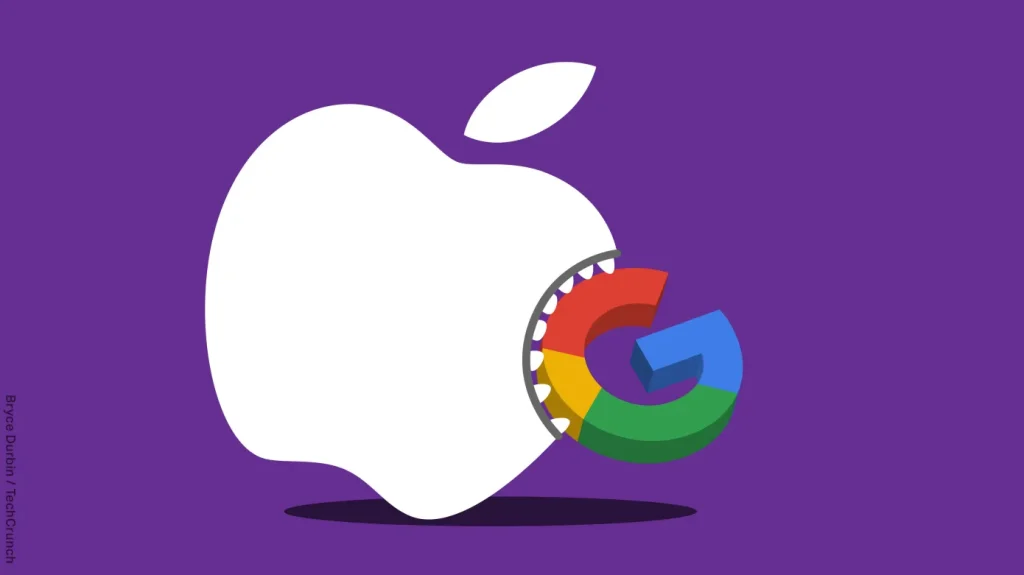Google has unveiled MedLM, a groundbreaking suite of healthcare-specific AI models, signaling a strategic move in the competitive landscape against industry giants like Amazon and Microsoft.

Key Highlights:
MedLM Suite Overview:
- Google’s MedLM, built on Med-PaLM 2, features large and medium-sized AI models tailored for healthcare applications.
- Designed to assist clinicians and researchers, MedLM facilitates complex studies and enhances doctor-patient interaction summaries.
Diverse Capabilities:
- Integration of health-care-specific Gemini models into MedLM offers versatility.
- Larger MedLM excels in intricate tasks, while the medium-sized model proves agile for real-time functions.
Practical Applications:
- Healthcare organizations, including HCA Healthcare, leverage MedLM to streamline workflows and automate tasks like documentation and note generation.
- Dr. Michael Schlosser highlights significant time efficiency gains, envisioning AI generating over half of medical notes independently.
Challenges and Caution:
- Challenges in AI adoption include concerns about incorrect information output and token limits, emphasizing the need for responsible implementation.
- Positive initial responses underscore cautious deployment to avoid potential patient risks.
Future Prospects:
- Google’s plans involve introducing healthcare-specific Gemini versions into MedLM, expanding the suite’s capabilities.
- Collaboration with companies like BenchSci showcases the potential for merging technologies to accelerate specific efforts.
User Feedback and Testing:
Deloitte’s testing affirms MedLM’s accuracy in aiding healthcare systems, emphasizing its efficiency. However, AI limitations in deciphering user intent underscore the need for professional diagnoses.
Industry Outlook:
Amid the rapidly evolving healthcare AI market, MedLM addresses specific pain points in workflows, shifting focus from general disease-related queries.
Conclusion:
Google’s MedLM emerges as a significant advancement in healthcare AI, offering tailored solutions for diverse medical tasks. While challenges persist, the potential efficiency gains and workflow optimization position MedLM as a noteworthy development in the healthcare technology landscape.



